Birth order is one of many things in life we have little control over.
Sure, a firstborn might beg their mom for a baby brother, but chances are high most moms and dads aren't going to base their choice to procreate on the wants and needs of a toddler.
Point being, the order we are born in affects us whether we like it or not.
Although birth order sort of implies having siblings, even being an only child can influence the development of personality traits and who you become as an adult.
Of course, firstborn, middle children, babies of the family, and twins also have traits associated with them.
While every person is different no matter what, the order in which you were born can certainly have a much bigger (and more accurate) influence on your personality than you ever realized.
Thumbnail Photo: Flickr / State Library of Queensland
Firstborns Are Natural Leaders
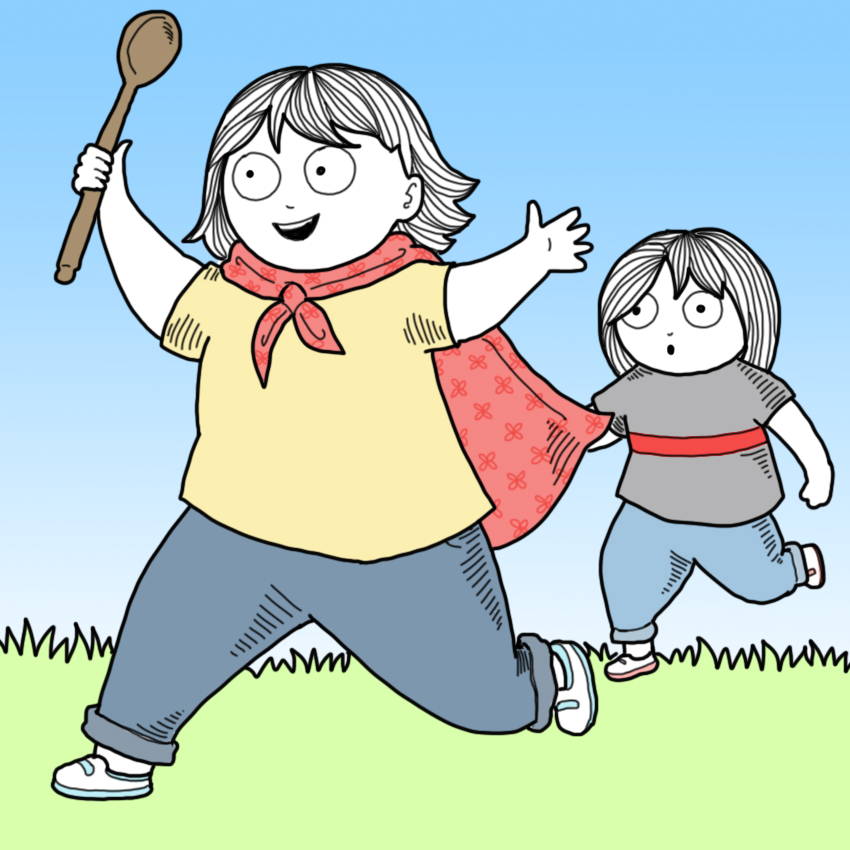
Being the oldest sibling means being a leader whether you like it or not.
Younger siblings will naturally look up to the older ones, which usually creates a natural pack order, making the oldest the alpha.
Of course, without anyone to look up to themselves, the oldest can become a little controlling. This can mean great things in the workplace.
According to Money, oldest siblings are 24% more likely to become a top manager than those born afterward.
Firstborns Are Also Perfectionists

According to Best Psychology Degrees, the oldest learns how to please their parents early on, which can create an expectation that they have to meet high standards.
This causes many firstborns to become perfectionists and high achievers. Along with this also comes some "control freak" tendencies, too.
Some famous firstborn examples are Oprah, the majority of US presidents, and Clint Eastwood.
Middle Children Feel Overlooked
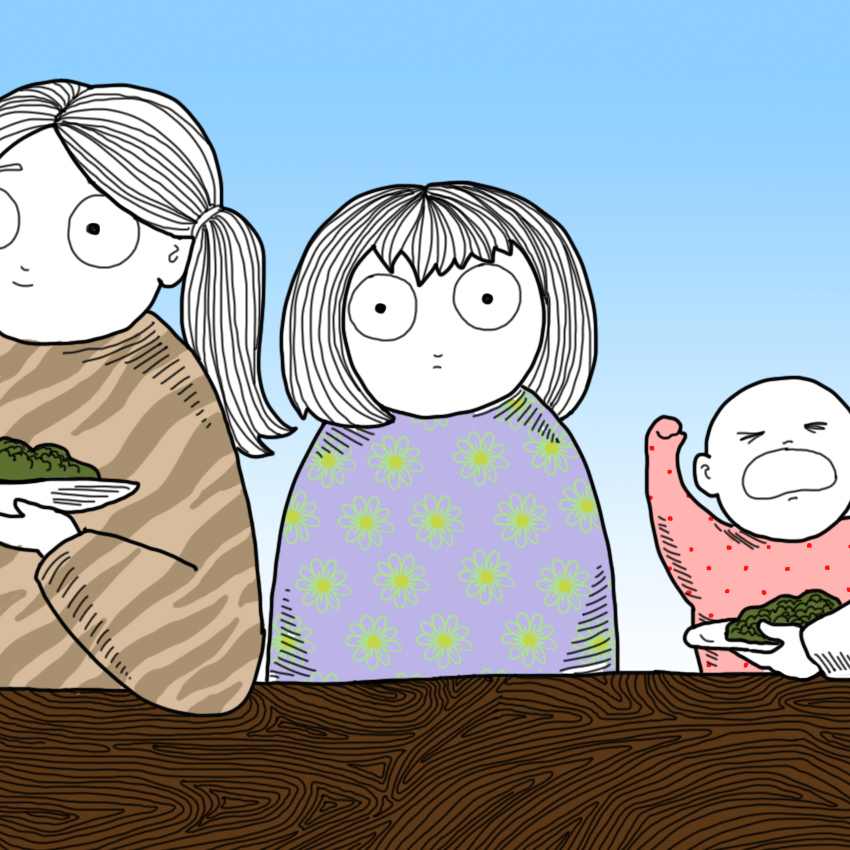
The idea of "middle child syndrome" was created to explain the way middles often feel excluded and how it shapes their personalities.
Without the defined identity as the oldest or youngest, middles can feel like they are vying for ways to be recognized. This can cause them to act out a little bit.
The most famous case is probably Jan in The Brady Bunch, who constantly felt like she was living in older sister Marcia's shadow.
Some famous nonfictional middle children are Napoleon, Ernest Hemingway, and Britney Spears.
But Middles Have Great Social Skills

One perk of being the middle child and feeling a little out of place at home is that many middles excel socially outside the home to compensate.
According to Psychology Today, middles also develop superior negotiation skills. This is in part because they are the natural liaison between their siblings. It is also because middles are used to not getting what they want, and are forced to get creative.
Youngest Siblings Are Charming And Fun
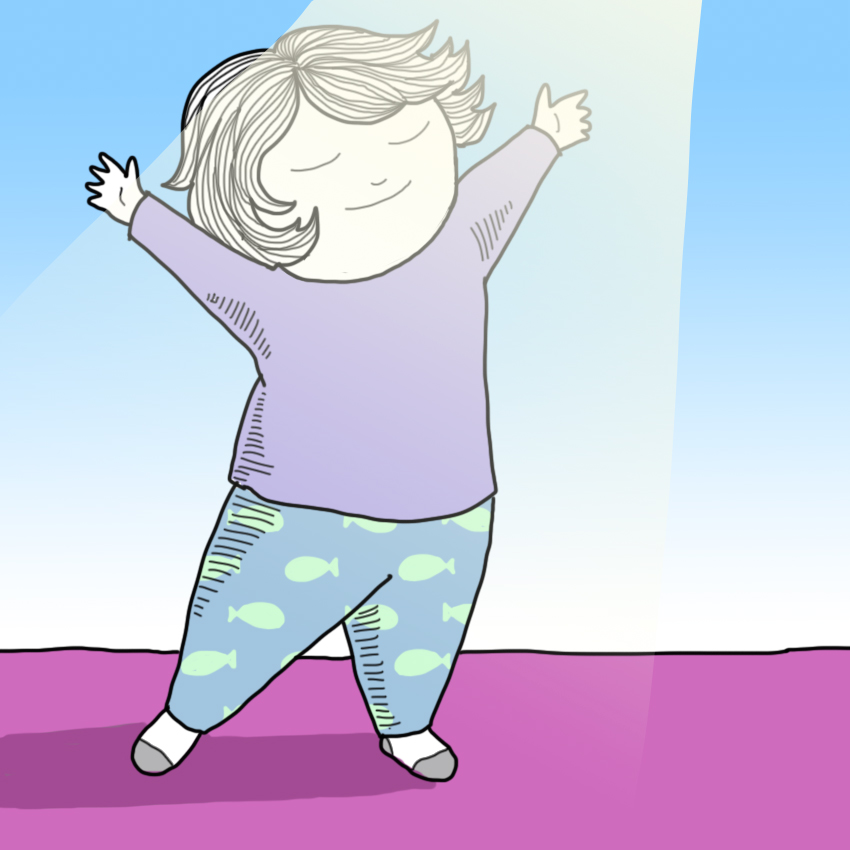
As the resident baby in the family, the youngest sibling is used to being doted on.
A lot of love, support, and attention means that the youngest often become very comfortable with themselves, and their confidence is admired by others.
Without the responsibility of setting an example for younger siblings, the baby usually can focus on just enjoying themselves and life in general.
People like Cameron Diaz, Jim Carrey, and Eddie Murphy are good examples of fun-loving youngest siblings.
But The Youngest Can Also Be Manipulative
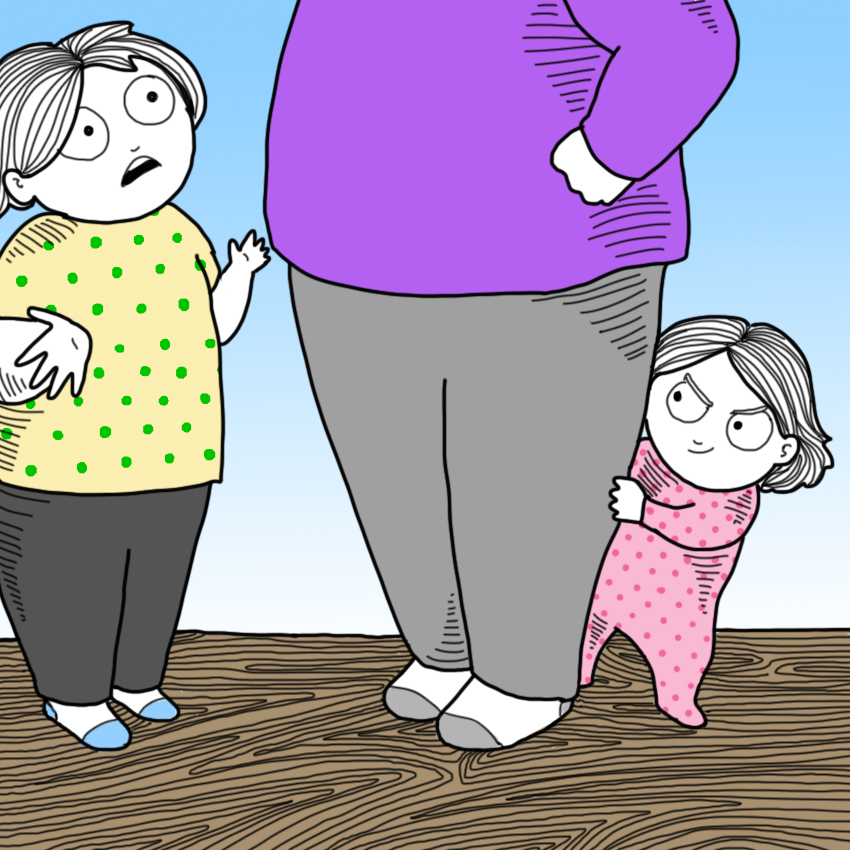
Anyone who has a younger sibling probably feels like they got away with everything. It is easy for a youngest sibling to play the victim.
My Child Health explains that youngest children also have a tendency to become dependent. Older siblings often pave the way, and the younger one has an easier time getting what they want.
This can make the baby a little spoiled and slightly less well adjusted for life outside the home.
An Only Child Is Similar To An Oldest Sibling

Like firstborns, only children receive a lot of attention from their parents. Unlike firstborns, it never shifts to a younger sibling, which makes them kind of like the oldest on steroids.
Only children are ambitious and high achieving most of the time as they feel it's their duty to meet their parents' expectations.
Moreover, they don't have people their age around to play with all the time, and tend to throw themselves into their studies or other competitive activities.
Some famous only children are Eleanor Roosevelt, Frank Sinatra, and Isaac Newton.
An Only Child Tends To Get Along With Older Crowds
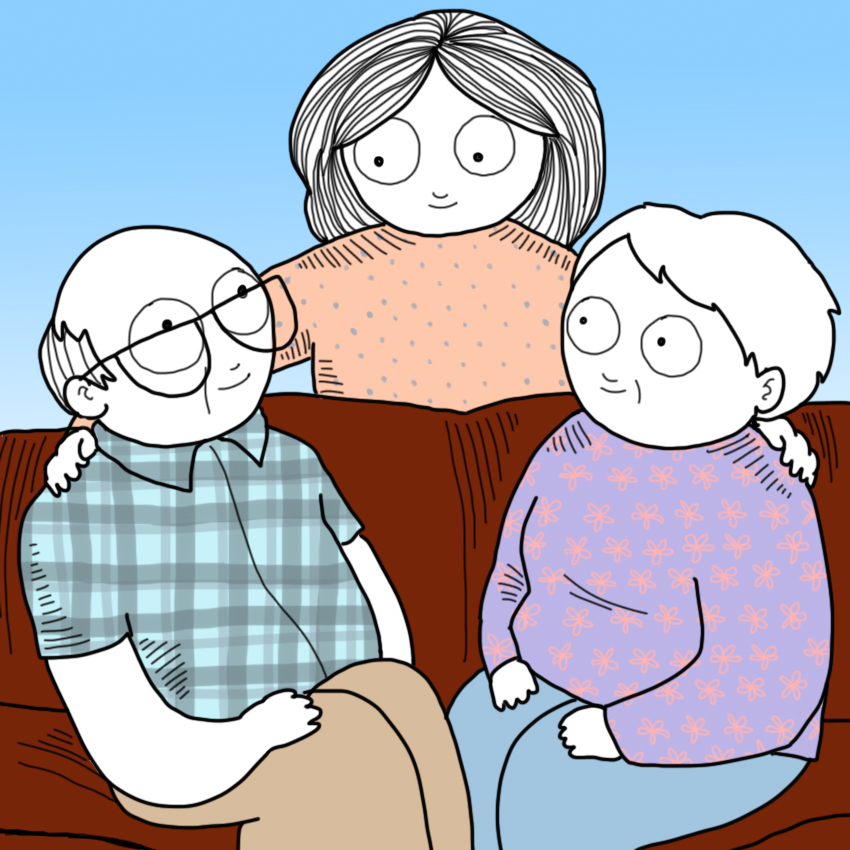
Only children don't have built-in playmates, and according to Personality Research, have to learn to be children on their own.
This can be difficult without other children around all the time. For that reason, only children tend to be mature beyond their years and thrive in the company of older people.
Twins Are Known For Their Empathy
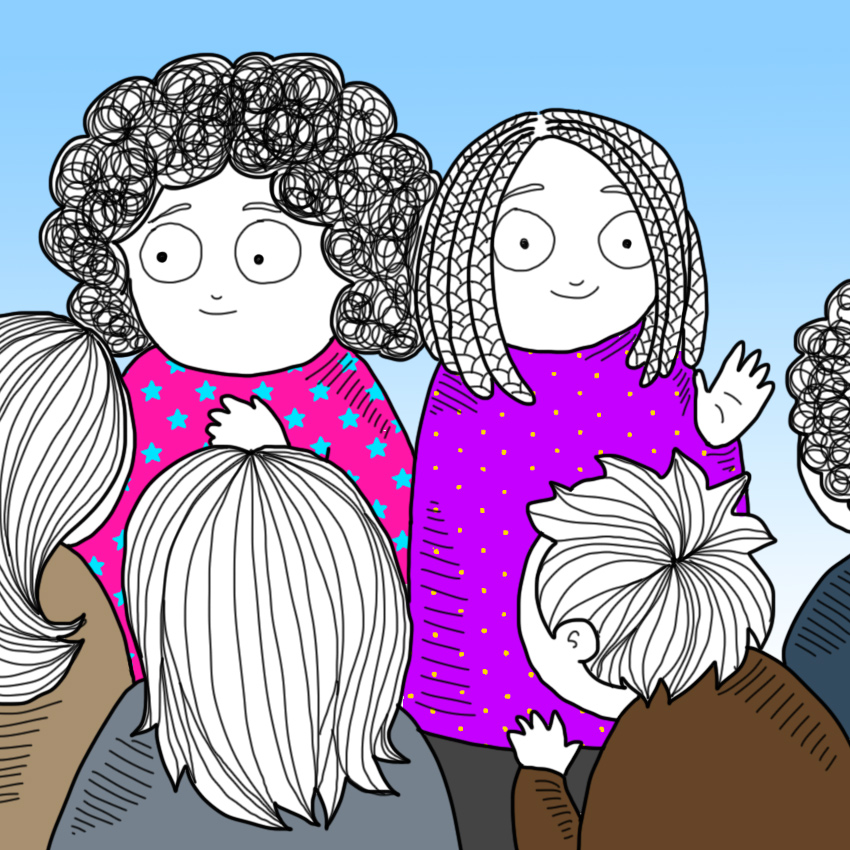
People often speak of "twin telepathy" or twins' ability to feel what the other is feeling.
While there's no evidence to support true telepathy, twins' closeness to each other does tend to result in higher levels of empathy.
This is because most twins have a bond and spend more time together than any other siblings, and will develop a keen understanding of what the other is feeling. The ability is also transferred to reading the emotions of others.
But Twins Also Have A Competitive Streak

Siblings can be competitive whether they are twins or not. However, the extreme closeness in twins can foster extreme rivalry.
Of course, this isn't helped by the fact that people on the outside naturally compare twins to each other without even meaning to.
In some instances, twins can isolate themselves from each other in an attempt to create their own individual identity.
Be sure to SHARE this information with your loved ones!




